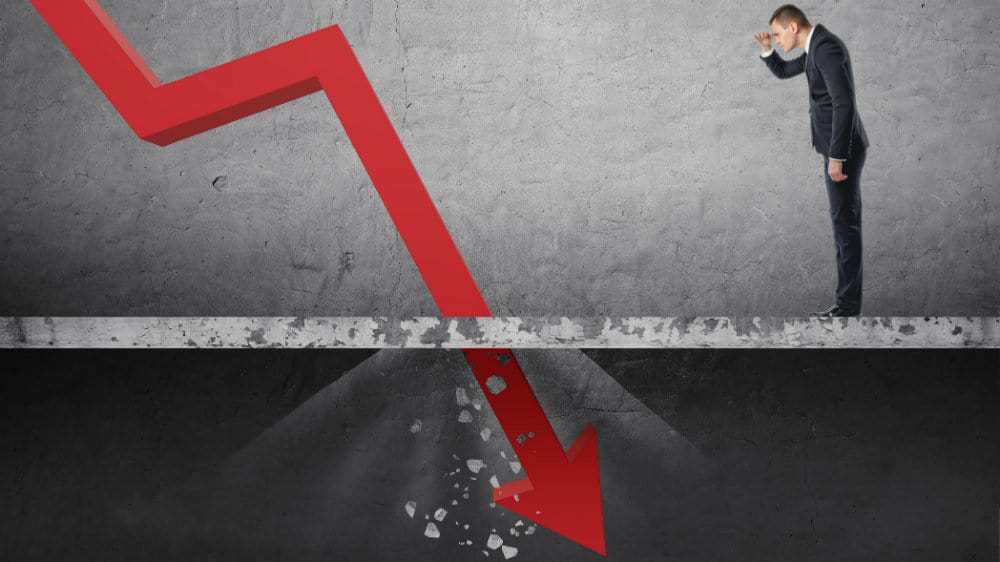The Trustpilot (LSE: TRST) share price has just dropped by a staggering 15% after the firm released its earnings results earlier today. Here, I look into the reasons as to why the share price has crashed, and whether I will be buying the shares for my portfolio anytime soon.
A lack of rev
One of the reasons the Trustpilot share price has taken a tumble today is due to the slow down in revenue growth. Despite reporting an increase in revenue, its growth rate is decelerating. Full-year revenue growth came in at 29% compared to 31% in the same period in 2021. Additionally, hopes that the company would be more aggressive in its push to expand in the US were deflated. Trustpilot only managed to secure a measly 9% revenue growth there. The company’s record of delivering 30% compound annual revenue growth since 2015 was also missed, showing underperformance. Further, the platform’s cumulative number of reviews and number of reviewed domains also displayed a slow down in growth.
Passive income stocks: our picks
Do you like the idea of dividend income?
The prospect of investing in a company just once, then sitting back and watching as it potentially pays a dividend out over and over?
If you’re excited by the thought of regular passive income payments, as well as the potential for significant growth on your initial investment…
Then we think you’ll want to see this report inside Motley Fool Share Advisor — ‘5 Essential Stocks For Passive Income Seekers’.
What’s more, today we’re giving away one of these stock picks, absolutely free!
Not a full night
Bookings are usually a key metric I seek comfort in when revenue disappoints, as it acts as an indicator for future cash flow. However, Trustpilot’s bookings growth for the year also disappointed. It slowed to 27%, just below the 28% reported in H1 2021. On the flip side, bookings growth was at generally healthy levels for the UK (36%) and Europe/rest of the world (40%). This shows me that the company actually has potential, but is not maximising it in the world’s largest economy, as bookings growth only came in at a discouraging 15% for the US.
Turbulence ahead
Trustpilot finished the year with a loss of $26m, doubling the losses of 2020. Although the bigger loss this year was attributed to the firm’s IPO, it still shows that Trustpilot is not anywhere near achieving profitability. Moreover, headwinds from a high interest rate environment do not improve the outlook for the company as both merchants and consumers will be looking to save on costs if the retail sector cools down.
Trust the process?
Despite the negatives, Trustpilot still remains the market leader of the reviews space in the UK and most of Europe. Its net dollar retention rate came in at 99% which shows that merchants enjoy the services provided by the platform. The company also ended the year with $93m in cash and zero debt on its balance sheet. This gives it dry powder to grow more in a market that is still largely untapped. This sentiment was echoed on the earnings call as the board strives to accelerate investment in 2022 to secure more growth, particularly in the second half of the year.
In spite of that, I am still bearish on the stock due to the recent results and the economic headwinds for the year ahead. Quite simply, the figures reported for 2021 are not satisfactory for a growth company. Until guidance and return on investments come to fruition, I foresee the Trustpilot share price continuing to suffer. I won’t be buying the shares for my portfolio.







